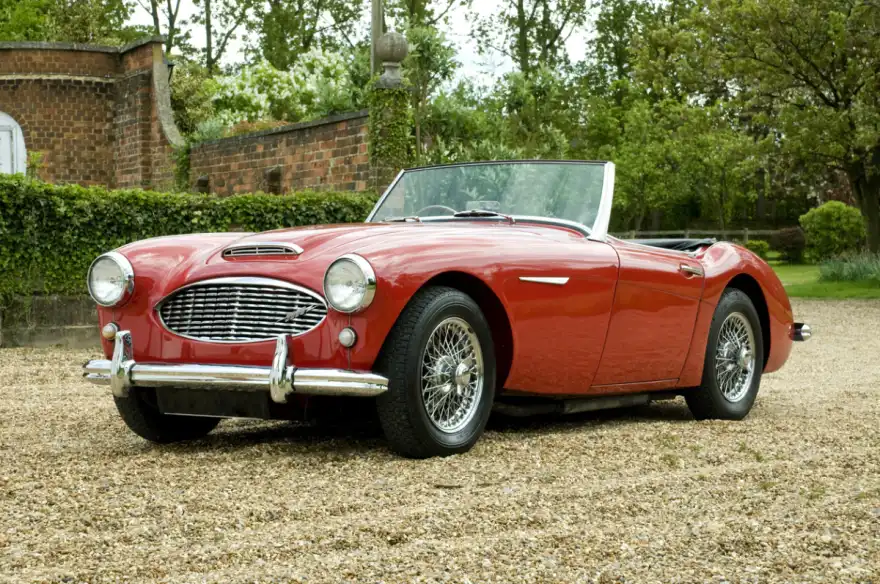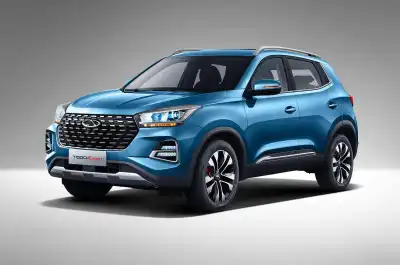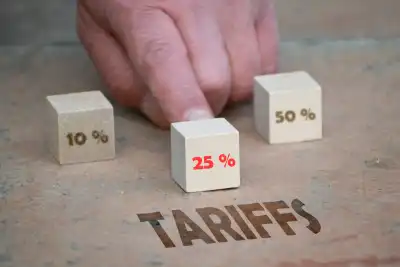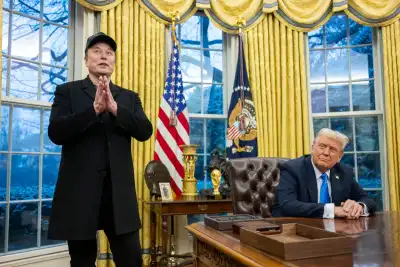
If you’re into classic cars, there’s been a bit of a rollercoaster in the news lately. Last week, Donald Trump introduced new 25% tariffs on imported cars as part of his so-called 'Liberation Day' strategy—but there’s good news for vintage fans: classic cars over 25 years old are exempt.
That means your dream of importing a Skyline R33 GT-R or old-school Land Rover Defender to the US won’t suddenly get 25% more expensive. And for the UK, that’s huge—classic cars are a big deal here. The industry contributes £8.7 billion to the economy each year.
Why the Exemption Matters
The US is one of the biggest buyers of European classic cars, and if those tariffs had applied to older imports, it could’ve crushed part of the UK’s classic car scene. That’s why groups like the Historic and Classic Vehicles Alliance (HCVA) are calling the exemption “common sense.”
But don’t celebrate just yet.
The Real Threat Might Be Around the Corner
While the cars themselves are safe (for now), a new round of tariffs kicks in on May 3rd, targeting auto parts—and that could be a serious problem for the classic car world.
These tariffs also come in at 25%, and it’s still unclear whether they’ll apply to classic car parts. If they do, restoring and maintaining these cars could suddenly become way more expensive, especially for US-based buyers relying on UK-sourced parts.
The CEO of the HCVA, Dale Keller, explained it best: "Historic vehicles and parts are by nature already built, classified and valued and there is no ability to recreate them as newly manufactured in the USA.
"Applying a penalising tariff would have served no policy objective."
What Happens If Classic Car Parts Are Hit?
Parts manufacturers like Rimmers, SNG Barratt, Britpart, and Introcar send a ton of gear to the US, especially for restoration projects. If these parts get caught up in the new tariffs, smaller businesses that keep vintage cars alive could take a serious hit.
It’s already turning into a logistics nightmare. Import agencies in the US are being asked to clarify whether historic parts get any exemptions—but so far, no one really knows. There’s even a meeting being held today to try and get answers.
Why the US Still Loves Classic Cars
Let’s break down just how big the classic car love runs across the Atlantic:
- Over the past 5 years, 23,646 classic cars (25+ years old) have been shipped to the US by sea.
- Top imports? The Nissan Skyline R33 GT-R and Land Rover Defender.
- The UK is responsible for 12.5% of all these shipments. Only Japan sends more.
- Air freight for classics is rare (and crazy expensive), so sea is the go-to.
The US classic car market is massive—Hagerty estimates there are 43 million collector vehicles in America, worth a total of $1 trillion. No wonder the US wants to keep importing them cheap.
How Big Is the UK Classic Car Industry?
- Around 115,000 people work in the UK’s classic car sector—that’s the same size as the UK’s port industry.
- The industry’s total turnover? £18.3 billion.
- We’ve got around 3.1 million classic/historic vehicles on the roads.
- Classic car maintenance alone supports 25,000 full-time jobs.
Globally? It’s a Billion-Dollar Scene
According to McKinsey, the global value of collectible cars hit around €800 billion (£685bn) in 2024. And for manufacturers, traders, and specialists, the classic car sector is a €76–€90 billion-a-year opportunity.
That’s why, even though Trump’s playing tough with international trade, the 25-year exemption stayed in place—it just makes too much sense.




